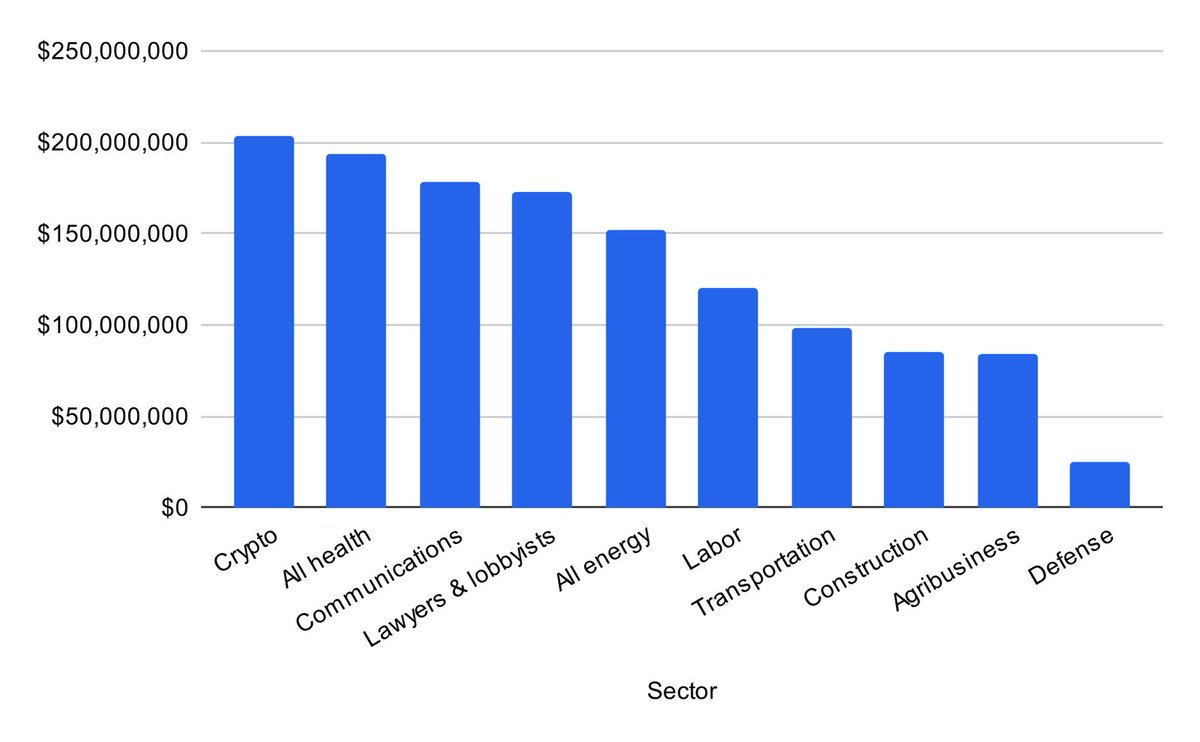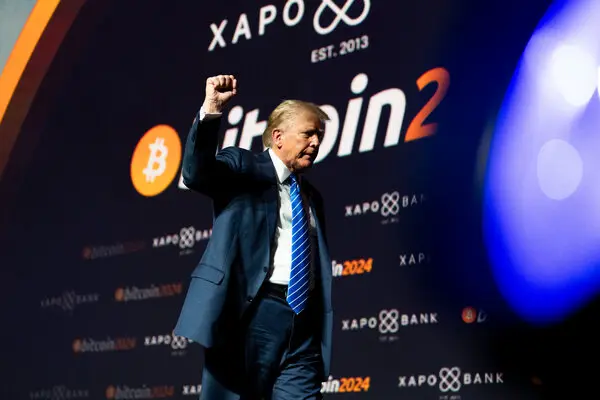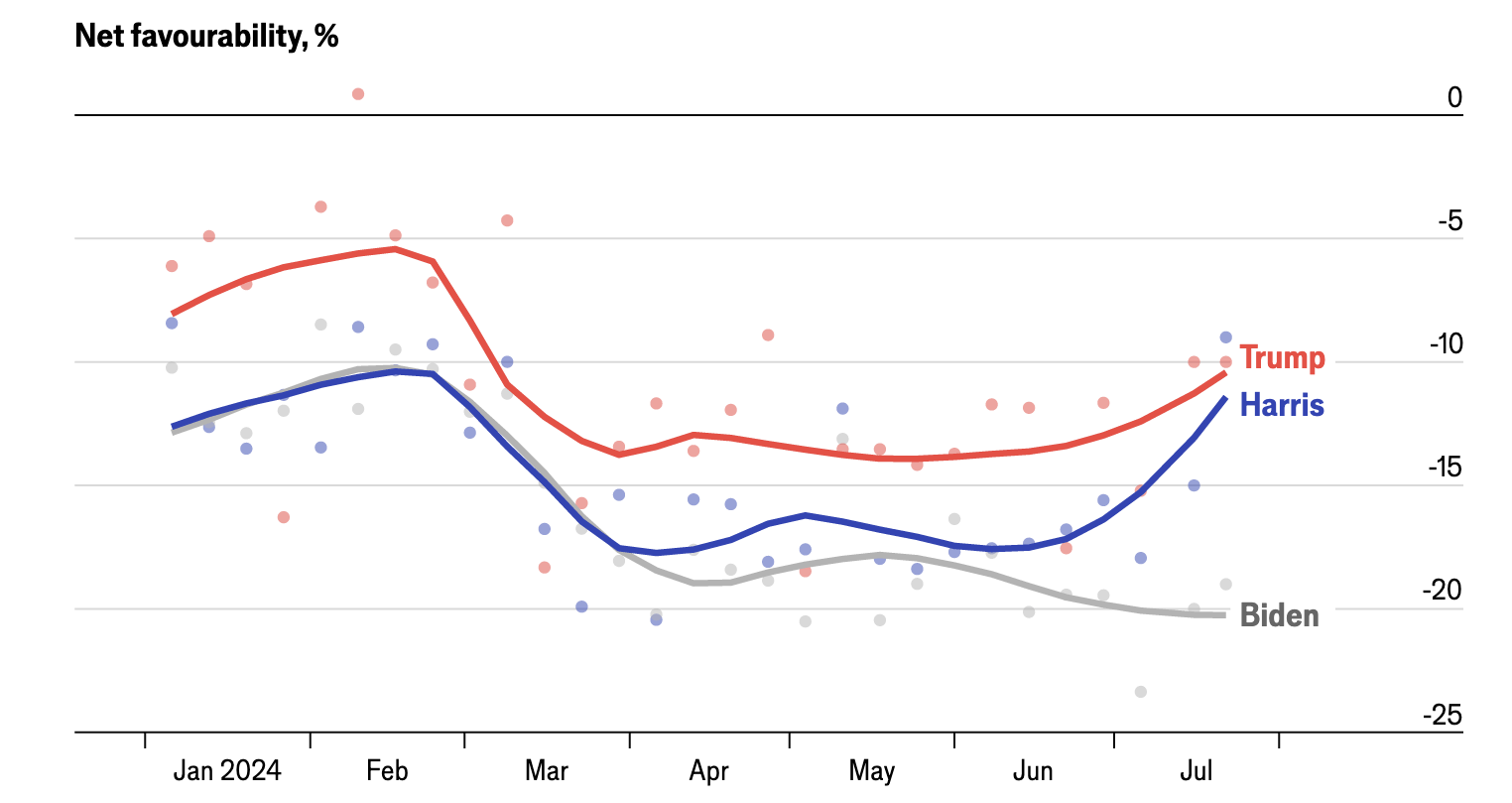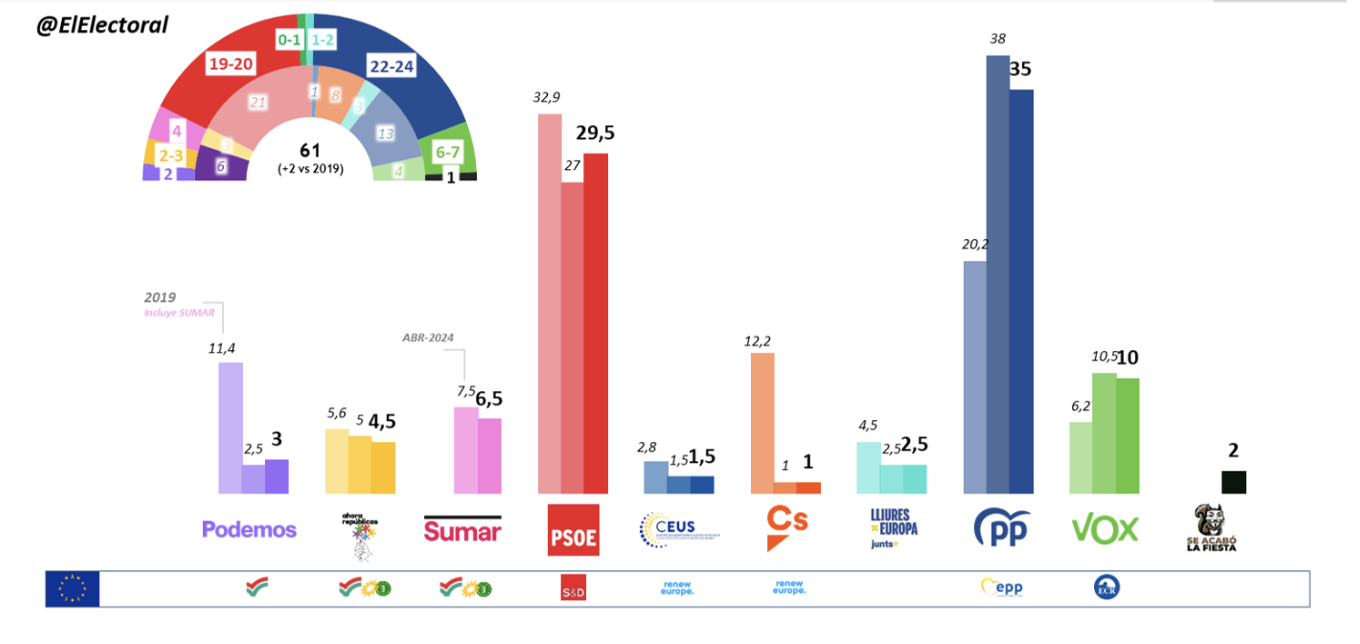If Trump is elected, will he fulfill his promises, and will allying with him harm the reputation of cryptocurrencies among the general public?
Author: Greythorn
As Bitcoin gains political attention in the 2024 U.S. presidential election, this phenomenon is reshaping the electoral landscape. Influential figures such as the Winklevoss brothers and Jesse Powell of Kraken have already donated millions of dollars to political contributions, sparking intense debate within the crypto community. In fact, the cryptocurrency industry's spending in the 2024 U.S. election exceeds that of the entire energy and healthcare industries.

Source: OpenSecrets
At the last Bitcoin conference, Trump suddenly supported Bitcoin, which caught the entire industry by surprise, reflecting a broader trend: Bitcoin and other cryptocurrencies are not just financial tools, but key topics of political discussion. There are divisions within the crypto community, especially on platforms like Crypto X. Some openly support Trump, believing his support for Bitcoin is beneficial for the industry, while others feel pressured to support him due to the Democratic government's hostility towards cryptocurrencies. Arthur Hayes is one of the main figures expressing his concerns, believing that Trump's support for cryptocurrencies is not sincere, but rather a strategy to attract donations. He believes that once elected, Trump will forget about cryptocurrencies. In today's article, we will delve into this topic and discuss various possible outcomes for Bitcoin based on different election and post-election scenarios.
General View: Trump's Favorable Stance on Cryptocurrencies
As the election approaches, several candidates' positions on Bitcoin have become clear, indicating a significant shift in views on digital assets. Robert Kennedy Jr., Vivek Ramaswamy, and Ron DeSantis have openly expressed support for Bitcoin, advocating for policies that protect and encourage Bitcoin use. Recently, Donald Trump has also shown support for Bitcoin, surprising many due to his previous skepticism towards Bitcoin. This has been well received in the crypto community because:
Despite his previous term's inclination towards protectionist policies, Trump generally leans towards deregulation and market freedom. This suggests that his government may take a less restrictive approach to cryptocurrency regulation compared to the Biden administration.
His focus on economic growth and job creation may lead to policies that encourage investment in cryptocurrency businesses, creating an environment conducive to startups and innovation, promoting economic activity and job opportunities.
Trump is skeptical about developing CBDCs (central bank digital currencies), allowing Bitcoin to dominate the market.
His government may adopt a competitive stance towards other countries, aiming to ensure the U.S. maintains a leading position in financial technology and the global cryptocurrency market.
At the Bitcoin 2024 conference, Donald Trump showed significant support for the cryptocurrency industry, signaling a shift in his stance on Bitcoin from previous criticism.

Source: The New York Times
In contrast, the Democratic scenario seems less favorable:
A more stringent regulatory framework may be established, increasing compliance costs for cryptocurrency businesses.
The Biden/Harris administration has shown interest in developing a U.S. CBDC, which may lead to more scrutiny and regulation of existing cryptocurrencies, paving the way for digital dollars.
Biden and Kamala Harris emphasize climate change and environmental sustainability, which may lead to policies targeting PoW (proof of work) cryptocurrencies like Bitcoin.
There may be increased scrutiny of cryptocurrency transactions for tax purposes, with stricter reporting requirements for individuals and businesses.
We do not claim to be political experts, but this seems to be a fair insight into the overall community perception of the two candidates' attitudes towards cryptocurrencies.
Another View: Trump May Not Be Favorable to Cryptocurrencies
At least not as good as it initially seems. As mentioned earlier, prominent figures in the cryptocurrency space, such as Arthur Hayes, recently believe that Trump does not genuinely support cryptocurrencies. He believes that Trump's support for cryptocurrencies is more about gaining votes in key swing states than actual commitment. Hayes believes that, like many politicians, Trump will say anything to be re-elected, but once in office, he will not truly fulfill these promises. He also warns that cryptocurrency supporters may naively trust Trump's commitments and advises them to demand specific legislation supporting cryptocurrencies before the election.
We find this to be a very interesting viewpoint, as history shows that candidates often do not fulfill their promises. Perhaps Trump is truly willing to fulfill his commitments to Bitcoin, which we do not know. In any case, this is a viewpoint that we should all pay attention to. Now, another perspective on relying entirely on Trump for cryptocurrencies:
Trump May Lose
The current political climate is unpredictable, with numerous polls showing different results. In the U.S., polls indicate that Trump may win. However, global trends show that the political landscape is dynamically changing.

Source: The Economist
Spanish General Election
In Spain, the right-wing People's Party (PP) is expected to win, with pre-election polls indicating that they may secure a majority with the support of the far-right Vox. The People's Party (in blue) won the most votes, securing 136 seats in parliament, but even with Vox's 33 seats, they did not reach an absolute majority. Surprisingly, the left-wing Spanish Socialist Workers' Party (PSOE, in red) performed better than expected under the leadership of Prime Minister Pedro Sánchez, winning 122 seats. Sánchez successfully negotiated with smaller parties to continue in power.

Source: ElElectoral
Political Surprises in France
In France, the far-right National Rally led by Marine Le Pen seemed poised for victory. However, in an unexpected turn of events, Le Pen's party suffered a major defeat in the second round of elections, failing to secure the second position. This result was mainly due to left-wing factions uniting to counter the right-wing challenge.

Source: The Guardian
Revival of the Labour Party in the UK
A historic shift has occurred in the political landscape of the UK. The left-wing Labour Party, led by Keir Starmer, achieved an overwhelming victory in the 2024 election, ending 14 years of Conservative rule. The Labour Party secured 412 seats, while the right-wing Conservatives, led by Rishi Sunak, suffered the most severe defeat, winning only 121 seats. This marks a strong mandate for the Labour Party to return to power.

Source: CNBC
Recent elections in Spain, France, and the UK have demonstrated a broader trend of political unpredictability and shifts in loyalty. Right-wing movements often generate a lot of noise, with supporters of Trump and wealthy individuals expressing their views on various platforms. However, their policies often favor the wealthy and fail to resonate with ordinary people who are facing high living costs, layoffs, and a weakening social welfare system.
These everyday individuals may not have the same platform to voice their opinions, but their votes are equally important. This is not about supporting one side over the other, but rather preparing for unexpected outcomes that could affect the market, especially Bitcoin.
Considering the possibility of Trump losing the election, how would Kamala Harris' election impact Bitcoin and the market?
She has shown some interest in the cryptocurrency space, leading to speculation about her stance on Bitcoin. Recently, there have been rumors that she might speak at the Bitcoin 2024 conference. This has raised hopes in some parts of the crypto community that she might soften her stance on digital currencies. However, she ultimately decided not to attend or speak at the event. This decision was seen as a missed opportunity to engage with an increasingly large number of crypto enthusiasts and voters. Her stance seems cautious, as while she has not made explicit statements against Bitcoin, her decision not to directly engage with the Bitcoin community at such a high-profile event suggests that she may not have fully embraced this field.
Conclusion
The purpose of this article is to provide a fair perspective on the current cryptocurrency and its political impact, exploring the potential benefits and risks for the crypto community in aligning with specific political parties. Questions still exist about whether Trump, if elected, will fulfill his promises and whether allying with him will harm the reputation of cryptocurrencies among the general public. As a community, the best practice is to ensure that Bitcoin and other cryptocurrencies remain non-partisan, focus more on advocating for clear cryptocurrency regulations before elections, prioritize actual results over political promises, as suggested by Arthur.
免责声明:本文章仅代表作者个人观点,不代表本平台的立场和观点。本文章仅供信息分享,不构成对任何人的任何投资建议。用户与作者之间的任何争议,与本平台无关。如网页中刊载的文章或图片涉及侵权,请提供相关的权利证明和身份证明发送邮件到support@aicoin.com,本平台相关工作人员将会进行核查。




